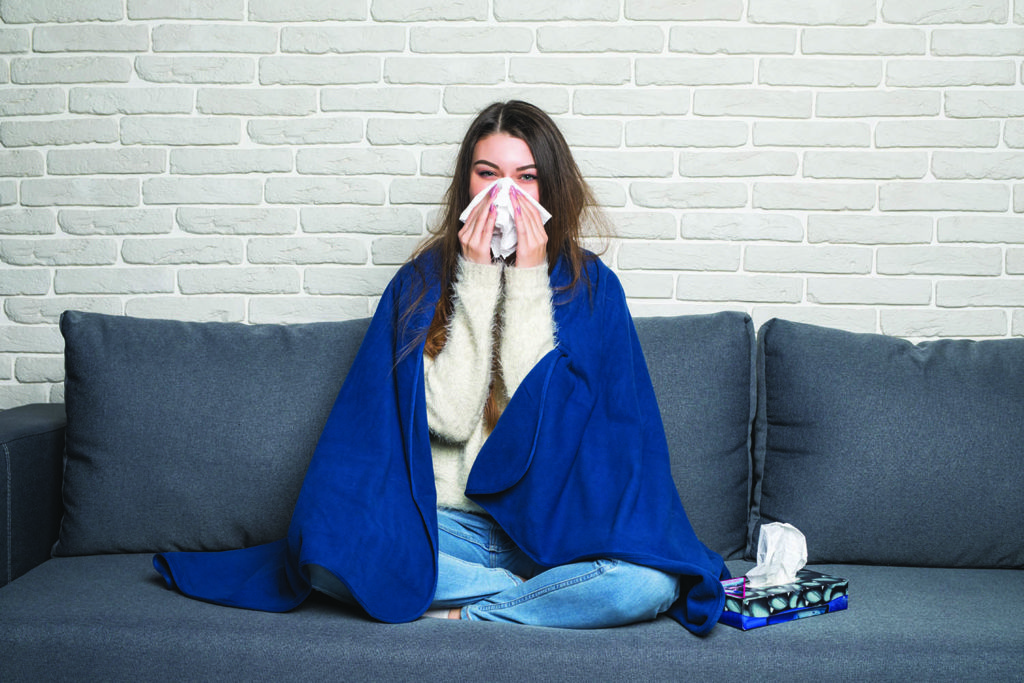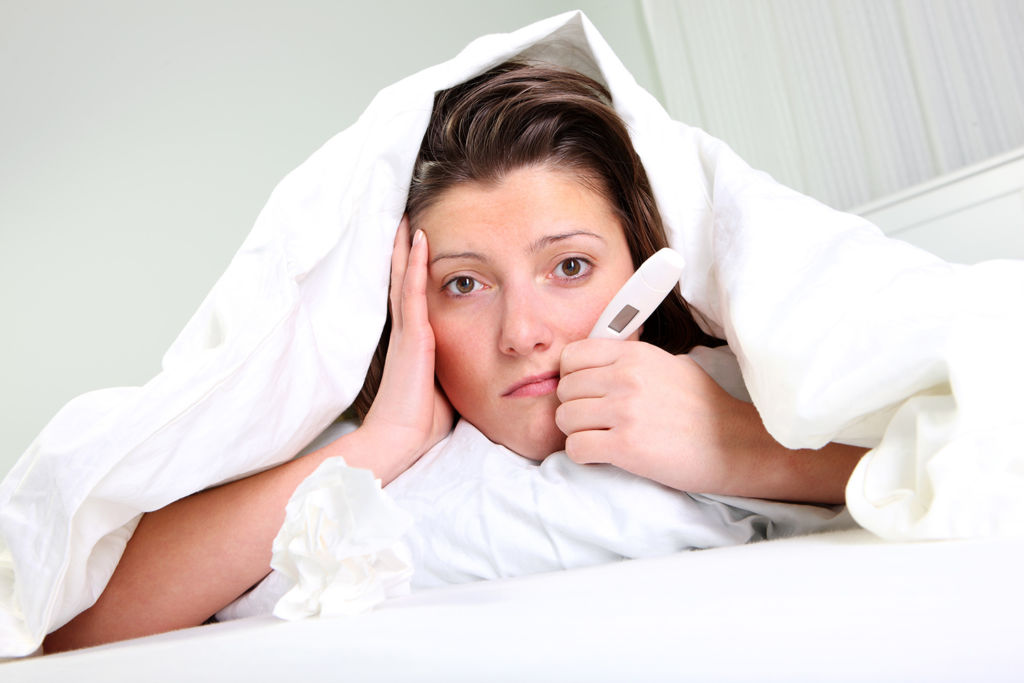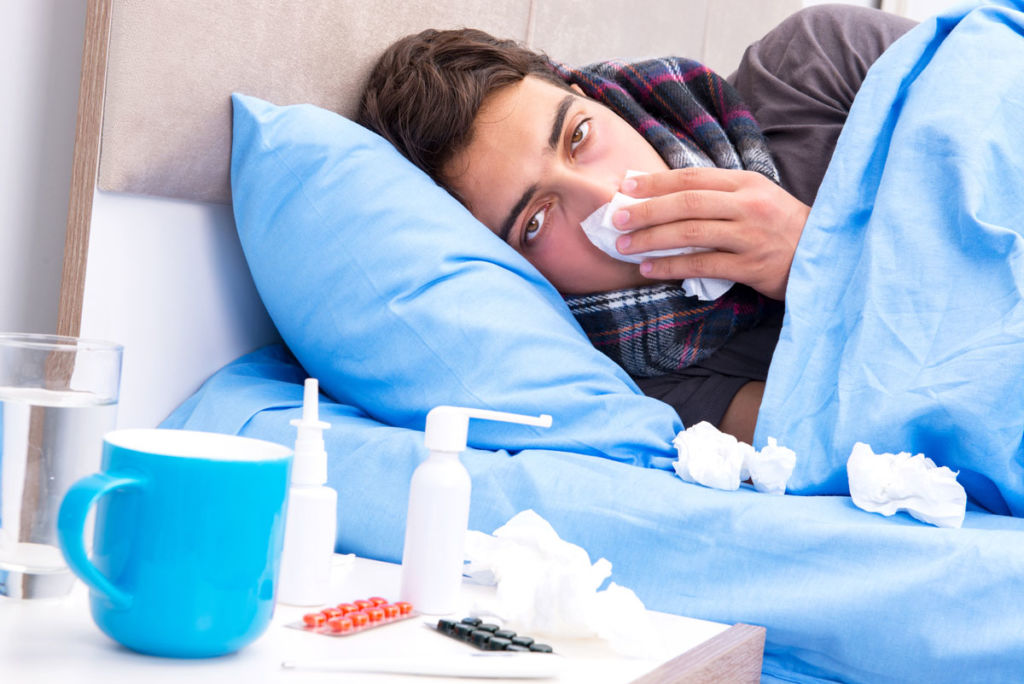 Be ready for colds, injuries, and “I don’t feel good” – even when far from home
Be ready for colds, injuries, and “I don’t feel good” – even when far from home
Moving out or living away from home for the first time is exciting. So much freedom and adulting to look forward to! But what happens when your child is not feeling well, and you can’t come to the rescue? Help your young adult prepare for inevitable sick days and minor injuries with essentials to provide comfort and relief, giving both them and you, peace of mind.
This guide will help you and your child gather some essential items. Spend some time together working on the kit to customize their preferences.
Sick day essentials
When feeling unwell, it’s nice to have a few essential items on hand to assess your health and provide comfort.
- Thermometer – A simple-to-use digital thermometer that signals a fever with a colour change or beep and displays temperature in Celsius or Fahrenheit.
- Hot/Cold pack – Versatile to use hot or cold for muscle aches, headaches, menstrual cramps. It can be stored in a freezer or heated in a microwave. Always wrap the pack in a towel or thin fabric to protect the skin and limit use to about 15 minutes at a time.
- COVID rapid tests – at-home nasal swab tests for quick screening
- Surgical masks – to help prevent spreading germs when sick or doing group work
- Hand sanitizer – carry a small bottle to use when handwashing is not convenient
- Electrolyte tablets/powder – for rehydration during illness or after exercise
- Eye drops for dry eye – soothing relief after long hours on screens and late nights
- Favourite blanket or comfort item – feels like home (even big kids need stuffies)
Basic medicine cabinet
Include medications for common illnesses. Having easy access to medicines – day or night – can help manage minor complaints promptly. Most schools have medical clinics and pharmacies nearby for any additional or more serious health needs.
Review the instructions and dosing for each item and make sure they are aware of the ingredients to avoid duplication when combining products. Advise them to check expiration dates and avoid using any medication past its expiry to ensure safety and effectiveness.
A pharmacist can help you select products that are safe and easy to use and will inform you of any potential side effects or interactions with other medications. Remind your child that they can call any pharmacist for free if they have questions – there’s no such thing as a silly question!
- Pain and fever relievers – ibuprofen or acetaminophen
- Cold and flu medicines
- Day/night combo pack for colds can be helpful, but keep in mind:
- Daytime formulas may contain decongestants like pseudoephedrine or phenylephrine, which can be stimulating and may increase heart rate, blood pressure, or restlessness in some people
- Nighttime formulas often contain antihistamines like chlorpheniramine or diphenhydramine which can cause drowsiness
- Cough or sore throat lozenges
- Cough syrup – if it’s something you commonly use at home for relief. Otherwise, it can be purchased as needed at a local pharmacy.
- Day/night combo pack for colds can be helpful, but keep in mind:
- Acne treatments – hydrocolloid patches, spot treatments, or prescription products
- Allergy medication
- For seasonal allergies or unexpected reactions to new foods or insect bites.
- Use 24 hour non-drowsy formulas containing cetirizine, loratadine, or desloratadine.
- EpiPen – if prescribed for severe allergic reactions or anaphylaxis; replace if expired. They should teach roommates how to use it in case of emergency.
- Anti-itch cream – mild corticosteroids like hydrocortisone are helpful for minor rashes, insect bites or other itchy spots
- Anti-fungal cream – if prone to athletes foot or jock itch
- Anti-nausea or motion-sickness medication
- Ginger tablets can help with mild nausea and do not have side-effects
- Dimenhydrinate can relieve nausea and vomiting but may cause drowsiness
- Antacid for indigestion or upset stomach
- Basic chewable formulas are effective for most situations
- Anti-diarrhea medication – useful for individuals with sensitive digestion
First Aid Basics
Be ready for minor cuts, scrapes, and blisters with a basic first aid kit.
- Bandages – variety of sizes
- Antibiotic ointment – apply to cuts and scrapes, after washing with soap and water, and before applying the bandage
- Tweezers – to remove splinters, disinfect before use
- Alcohol wipes – to disinfect skin, tools, or hard surfaces
Important medical documents and contacts
Load a list of important contacts and images of medical documents in their phone, so they are easily accessible if they need to visit a pharmacy, dentist, medical clinic, or hospital.
- Health insurance cards – front and back image
- Provincial health card (a BC Services Card can be combined with a driver’s license)
- Private insurance plan cards
- Copies of prescriptions and drug information handouts
- List of medical conditions and allergies, plus any treatment plans
- Download London Drugs pharmacy app and link to their prescription profile so they can easily view their list of medications with images, read drug information, or order refills
- Contact info for doctor, pharmacy, dentist, and on-campus medical services
Vaccines
Review your child’s vaccination record with a pharmacist or doctor to ensure they are protected against contagious diseases such as measles and meningitis – especially important if they are living in residence or other shared housing. Encourage them to sign up for flu and COVID-19 vaccine clinics on campus in the fall.
Prepare for a healthy school year
With a bit of preparation in the days leading up to moving out, your child will feel confident handling their basic medical needs or minor illnesses away from home. Remind them that a chat from home is just a phone call away – and so is a pharmacist. Encourage them to phone a pharmacist or visit a pharmacy if they need advice about their health, medications, or treatment for a minor illness.
Most pharmacies in Canada offer prescribing services for contraception and minor illnesses such as urinary tract infections, acne, pink eye, allergies, muscle aches, indigestion, and more. Many pharmacists in Alberta can also prescribe treatments for additional conditions including strep throat, asthma, diabetes, and others. To learn more about London Drugs prescribing services by province, visit Pharmacist Prescribing Services – London Drugs Pharmacy.
We’re here to support you through every stage of life – providing convenient and trusted care whenever you need it. Call or visit a London Drugs pharmacist to discover how we can help.





